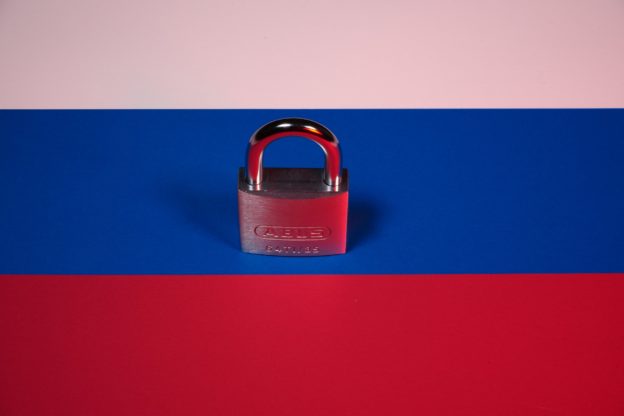In the 14th package of sanctions targeting Russia published on June 24th 2024, the European Commission introduced new requirements for European groups, which must make their “best efforts” in the implementation, at group level, of the sanctions adopted against Russia and Belarus. The stated objective is to prevent the activities of European groups, outside the territory of the EU, from undermining the objectives pursued by the restrictive measures. According to the Commission, this effort differs from the prevention of circumvention (action or negligence aimed at avoiding sanctions).
For the first time, the European Commission is in a way assuming a form of extraterritoriality of sanction measures. European companies can therefore be held liable for the actions of their non-European subsidiaries, registered in third countries, which in most cases do not apply sanctions against Russia and Belarus. The ultimate goal is for non-European subsidiaries to comply with the European sanctions measures in full, as European individuals and companies are required to do.
On 22 November 2024, the European Commission published nine frequently ask questions (‘FAQs’) on “best efforts” obligations, to answer questions about these new types of compliance requirements. Even if these FAQs are not binding (see CJEU, C-109/23, 5 September 2024, Jeremak), they will be intended to set the standards of requirement expected by implementing and enforcement authorities, which leads to mirror the ‘best efforts’ concept with that of ‘facilitation’ in US law.
The concept of “best efforts” must be understood as including the appropriate and necessary actions to prevent sanctions from being undermined. The objective is to calibrate the implementation of these actions with regard to the degree of control of the group over the subsidiary and the latter’s flexibility with regard to its local law. As soon as the group is aware that the activity of its subsidiary contravenes the objectives of sanctions against Russia and Belarus, and that it has leeway to put an end to it, it will be considered as not having made its best efforts.
Any impossibility for a group to make sure that its subsidiary fully complies with Russian sanctions and to implement procedures for this purpose must be justified and documented, in the light of the factual circumstances and local regulations (e.g. effect of blocking statutes of foreign jurisdictions).
More concretely, the best efforts must be adapted to each company according to its sector and resources, and may include internal compliance programs, systematic sharing of company compliance standards, sending newsletters and notices on sanctions, setting up mandatory reports or organizing mandatory training on sanctions for staff, and the establishment of procedures to respond swiftly to violations of sanctions, including by reporting them to the EU operator that owns or controls them. In addition, there is the possibility of subscribing to traceability software.
From now European groups are invited adopt a personal and individualized approach in line with their size, their sector, or the factual circumstances of their business. Implementing new processes and actions to make sure that subsidiaries comply with sanctions provisions is an obligation of result.
For more information, the link to the FAQs: FAQ “Best Efforts” Obligation – November 22, 2024
***
Our team remains at your disposal for any further information at the following address: dscustomsdouane@dsavocats.com.

